Being as best prepared as you can is vital to getting off to a good start with any course of study. Starting to adjust your mindset – being ready to take on board new ideas and ways of thinking about and looking at photography – can also be as important as making some practical changes.
We talked to some of our current students about what advice they would give those of you who are about to embark on a major programme of study.
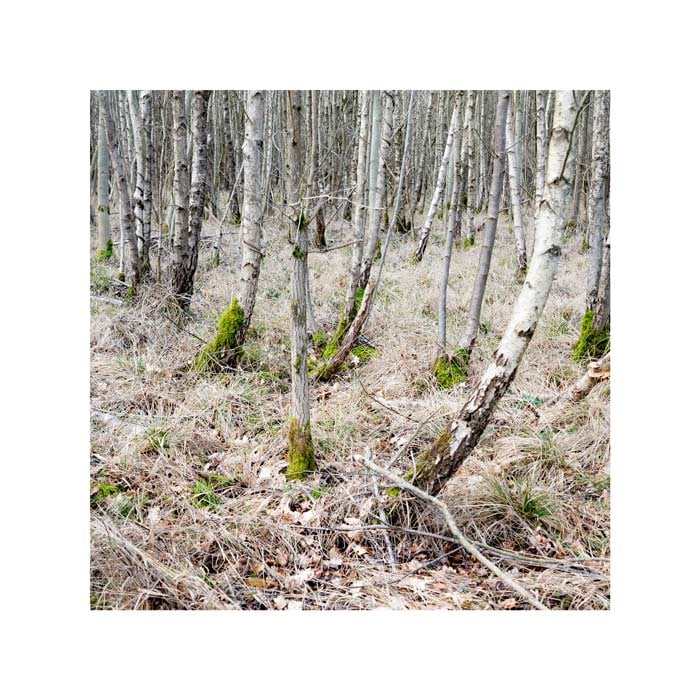
IMAGE: Inner Lives Outer Context © Brendan Walker
Before you start
Organise your time
“Something I needed to do was ringfence my study time in advance. If I have this organised with my partner and have it in the diary, then I find I’m not as worried about where to find that time as I go through the week. This also helps me be realistic about what I can get done.”
- Chris Finnegan
“Be prepared to set aside time to effectively jump into, and digest, learning materials and resources offered by the course team; especially in the initial stages of the course. Particularly when entering Masters level of study, setting aside time at this stage will act as both a foundation and an aid for further progress and development during the course.”
- Emma Lenfestey
The MA Photography course and BA(Hons) Photography Top Up programmes comprise 300 and 400 learning hours per study block, respectively. Make sure you have a plan in place for how you are going to fit these in.
Learn more about our online MA in Photography and BA (Hons) Photography and how they can help you achieve your goals:
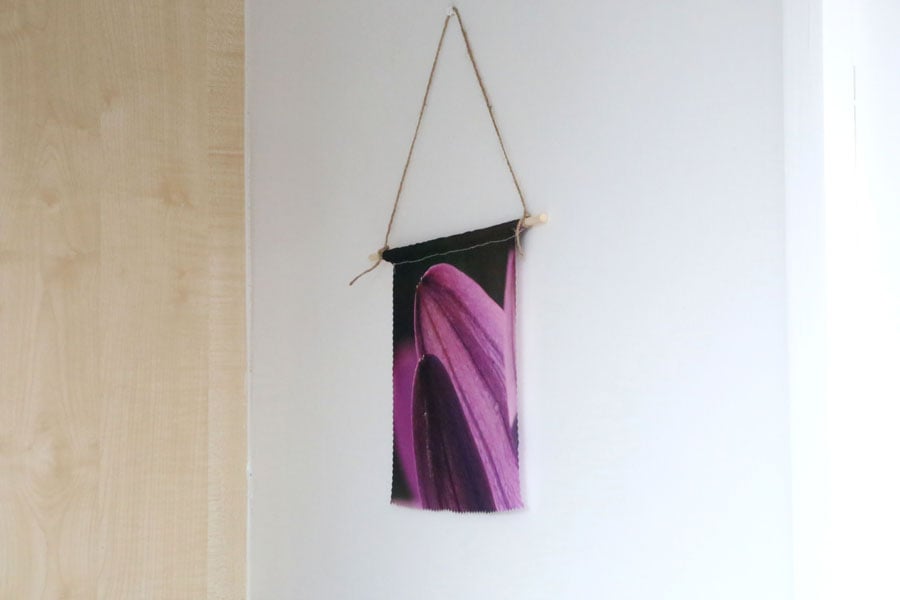
IMAGE: Botanical Versatility © Emma Lenfestey
Make a start on your project
“Don't wait for someone to tell you to start making work, find your area of interest and start shooting!”
- Adele Annett
“I think getting out there and seeing some contemporary photography is always of benefit, but especially to start fuelling you with ideas and inspiration.”
- Chris Finnegan
On the MA students work on entirely self-directed projects throughout the course. On the BA Top Up course there is some direction in the first module, but it is essentially up to you to decide what you want to make work about. On both courses you should be aiming to be shooting new work every week. Whilst you cannot submit work made before the course starts for assessment, you can certainly use anything you make from now on to help you find the right direction for your project.
“Don’t panic about getting books, or try to second guess the reading lists.”
- Peter Bushby
Whilst there are certain books that we return to throughout the course, all essential reading is freely available to you online as a student. (But if you want to get a flavour of the textbooks we work with, see this blog post.)
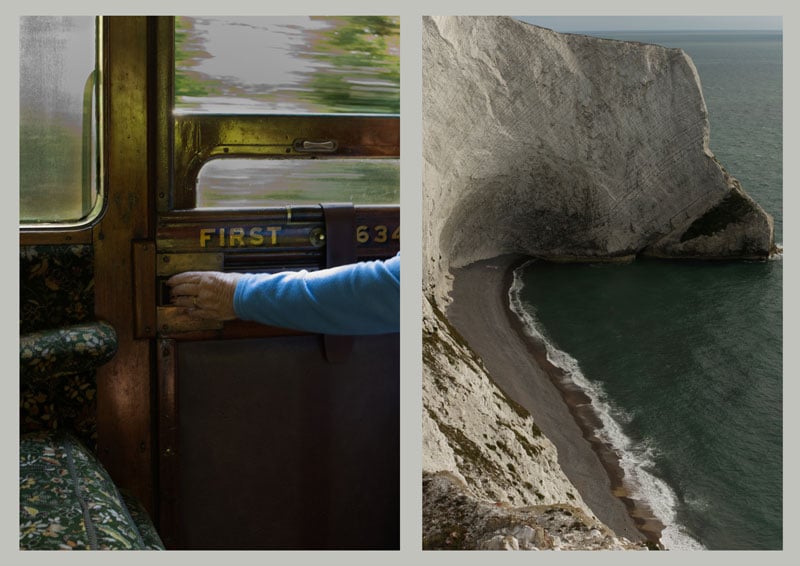
IMAGE: Train Door and Cliff Top © Peter Bushby
When the course starts
“Don’t be intimidated if everyone seems to be a professional photographer and you’re not! It doesn’t matter one bit. The course is a leveller, and you get out of it what you put in.”
- Mandy Simpson
Get to know Canvas – the ‘virtual learning environment’
“Once you have access to Canvas, get familiar with where things are, it'll make life easier as the course starts. Locate where the announcements are, find the calendar, and work out how to sign up for webinars. The Canvas phone app is great for getting notifications when new announcements and calendar invites are available. There are also instructions on how to add your Canvas calendar appointments to your Gmail/Outlook calendar so that you don't miss things.”
- Adele Annett
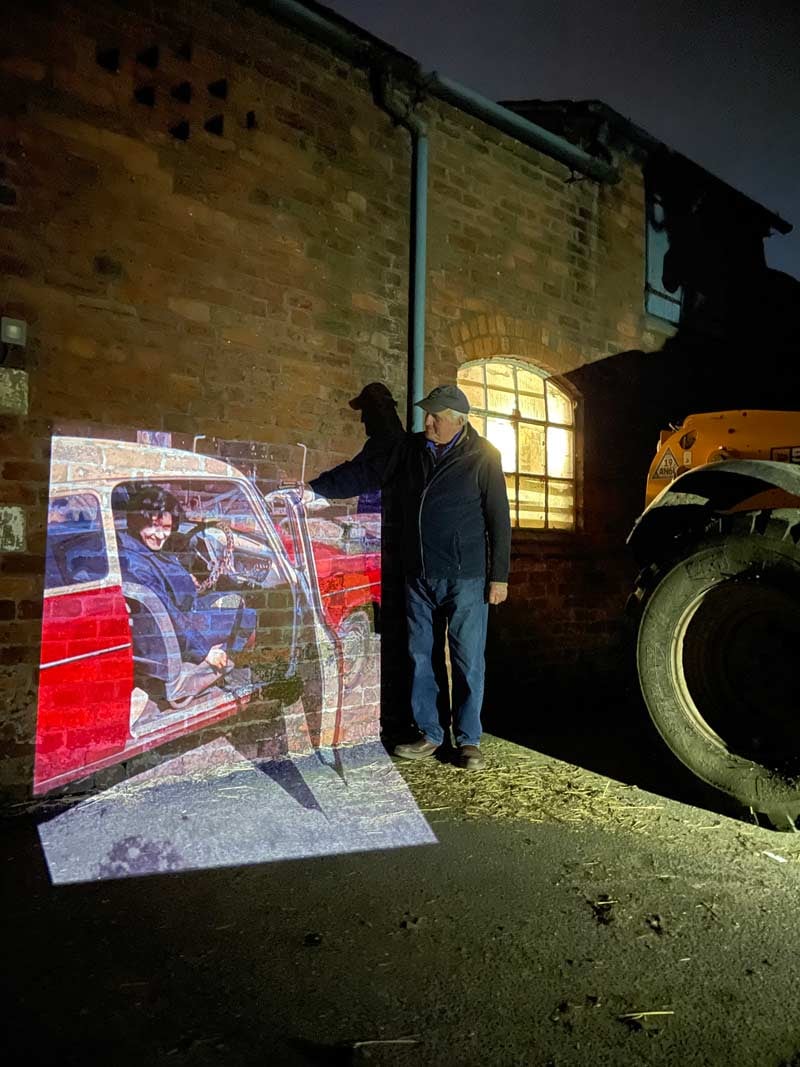
IMAGE: Robin remembering Valentine © Mandy Simpson
When the course is in ‘full-swing’
“Taking time to find your feet is part of the process. We all resonate creatively with different things, at different paces, and in different ways. It’s arguably what makes us all unique, and likewise what makes it a challenge in equal measure.”
- Emma Lenfestey
“Be open to experiment. Don’t start the course with too fixed an idea of what you're going to achieve because, whatever you are fixed on will change and evolve as you further your studies. Being outside of my comfort zone, learning new software and trying alternative techniques of presenting my work has been hugely beneficial.”
- Mandy Simpson
Make the most of the network and your peers
“Remote working has both its benefits and its challenges. What’s perhaps most important is the support networks that are built on route. Working together in critique, or support bubbles helps.”
- Emma Lenfestey
“One of the best parts of the course is meeting fellow students who are going through the same process. Set up a way to communicate with your cohort, and regularly check in with each other, such as regular video calls to discuss how you’re finding things. Also, check out the cross-cohort Research Cluster groups.”
- Adele Annett
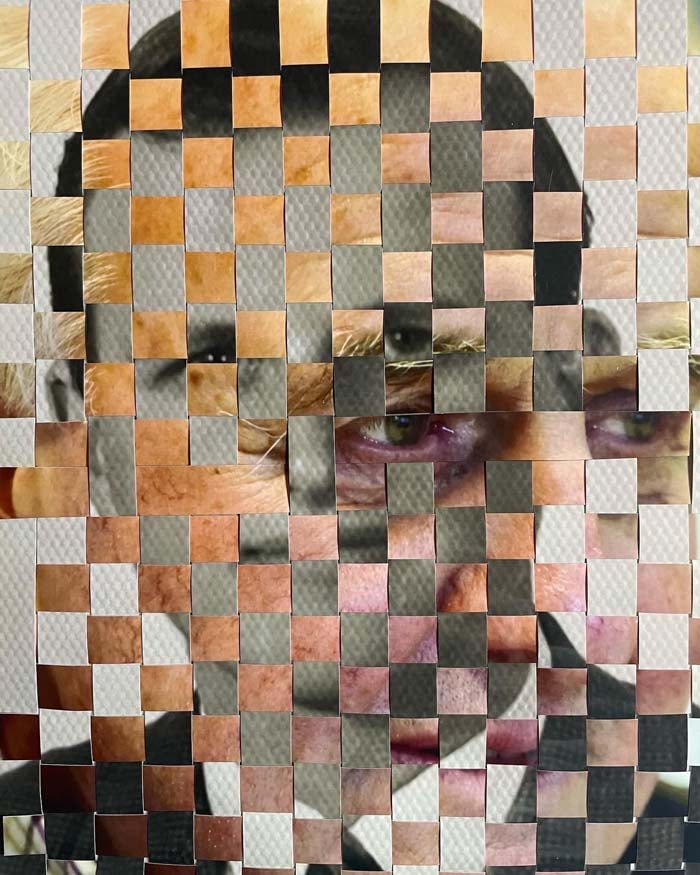
IMAGE: Dad at 23 and 83 © Mandy Simpson
Make the most of the opportunities that the course offers
“It’s vital to attend the tutor group webinars to meet students from different cohorts and show work to gain feedback. I’ve found doing webinars with different tutors extremely helpful too as it gives another point of view and a whole raft of different ideas... You get so much out of the webinars so try to get to them if you can.”
- Mandy Simpson
“Tutors aren’t telepathic. Ask for more detail on feedback if you need it. Help them help you.”
- Peter Bushby
“After you've got on top of these things you can trust the process and know that you'll be guided through the course and supported by peers and tutors. The course is well structured and well delivered and as long as you show up and do the work that is asked of you, you'll both enjoy it and get loads out of it.”
- Adele Annett
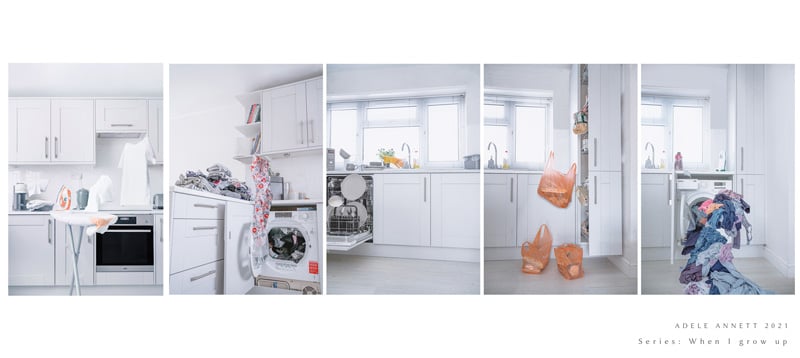
IMAGE: When I Grow Up © Adele Annett
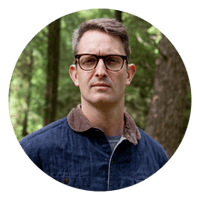
Jesse Alexander is a photographer and writer and Course Leader for BA(Hons) Photography (Top-Up) and MA Photography.
.webp)






